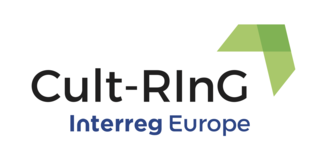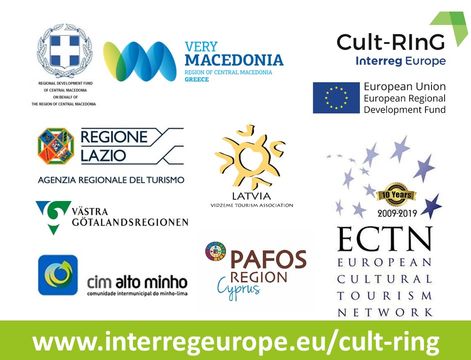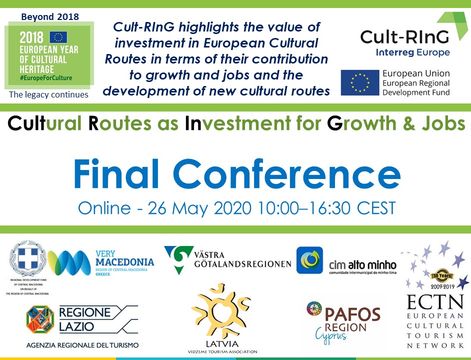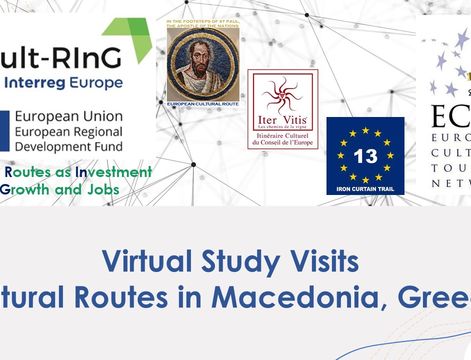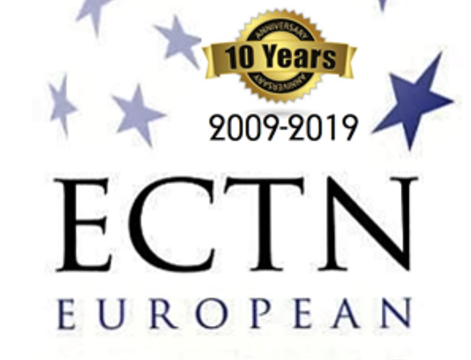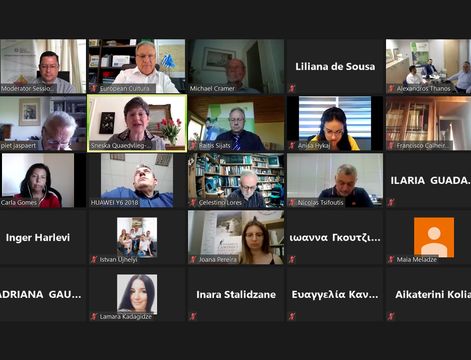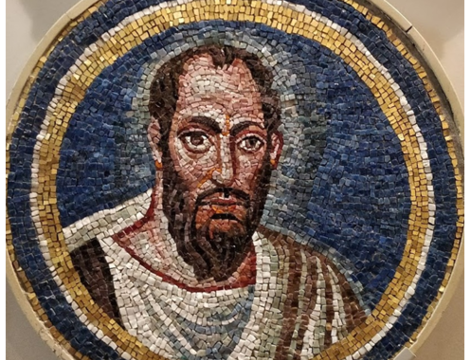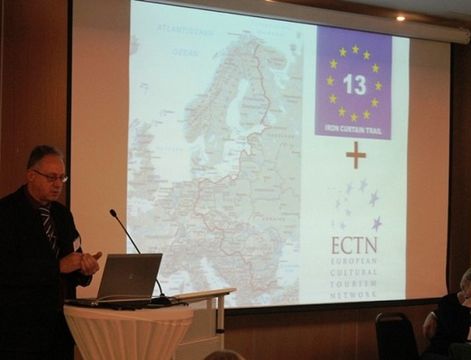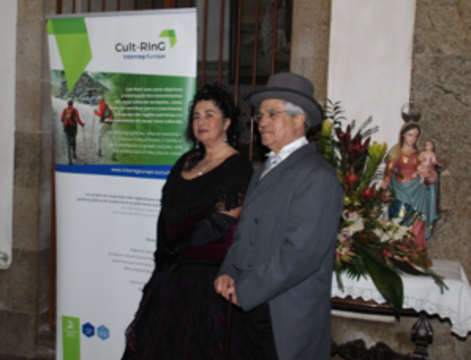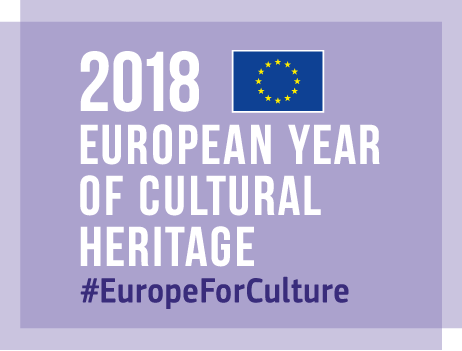The Cult-RInG project partnership strongly supports the Sibiu Declaration on 'Cultural Routes for Cultural Tourism', launched at the 9th Cultural Route Advisory Forum 2019 by the Council of Europe Enlarged Partial Agreement (EPA) on Cultural Routes, held in Sibiu, Romania, on 2-4 October 2019.
This Declaration reaffirms and proposes that:
• Cultural tourism remains a priority development area for the Council of Europe Cultural Routes Programme;
• Cultural tourism allows for synergies to be developed both within and between existing Cultural Routes of the Council of Europe, so as to increase opportunities for tourists to experience the diversity of tangible and intangible heritage of Europe;
• Cooperation is continued and extended between the Cultural Routes Programme and international bodies working in support of sustainable cultural tourism development, in particular the United Nations World Tourism Organisation (UNWTO), the World Heritage Sustainable Tourism Programme of UNESCO and the European Travel Commission;
• Cooperation is continued and enhanced between the Cultural Routes Programme and the European Union Institutions (European Commission, European Parliament, European External Action Services), regional and macro-regional organisations and networks of regions, associations and networks working in the interests of the cultural tourism sector across Europe, such as the Black Sea Economic Cooperation, and the Organisation of Ibero-American States;
• There is enhanced development of international linkages and overseas sector opportunities for the Cultural Routes of Europe through cultural tourism;
• Synergies between public and private sector tourism bodies are encouraged at national, regional and local levels for the benefit of the cultural producers, heritage managers, local communities, local economies and tourists associated with the Cultural Routes of the Council of Europe Programme;
• The profile of the Council of Europe Cultural Routes Programme is enhanced through collective awareness raising and effective branding so as to support cultural tourism development activity by the Cultural Routes;
• Training and continued professional development opportunities for Route managers and members be enlarged through the European Institute of Cultural Routes, the annual Training Academy and tailored workshops in the field of cultural tourism so as to facilitate the development of high-quality cultural tourism provision;
• That research into cultural tourism development opportunities through the Cultural Routes be encouraged and undertaken through the Cultural Routes of the Council of Europe University Network, the Scientific Committees of the Cultural Routes and their local partnerships with education institutions;
• Full use is made of European funding programmes for research and exchange appertaining to cultural tourism development and research;
• Cultural tourism is addressed through its relationships to other themes relevant to the sustainable development of the Cultural Routes and discussed in future Advisory Forums, training programmes, workshops and conferences."
All of the above are addressed in various ways and at verious degrees by the Cult-RInG Interreg Europe project, which highlights the value of European Cultural Routes as investment for growth and jobs. The above will be very useful synergies with the Cult-RInG Action Plans currently under implementation during Phase 2 of the project. The Action Plans involve improvements and extentions of existing Cultural Routes certified by the Council of Europe, such as St Jams Way in north Portugal, Via Francigena south in Lazio Region Italy, The Hansa in Vidzeme region north Latvia, St Olav Ways in west Sweden, Iter Vitis and Phoenicians in Pafos region, Cyprus.
The full declaration can be found at:
https://www.coe.int/en/web/cultural-routes/sibiu-declaration

